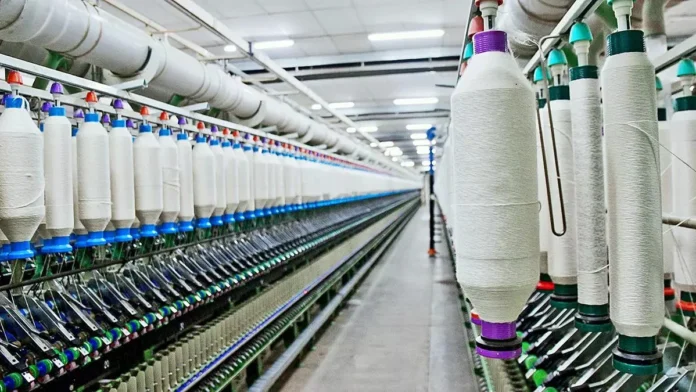Gadoon Textile Mills Limited (PSX: GADT) has delivered one of those counter-cyclical scorecards that make seasoned textile investors look twice: revenue drifted lower in fiscal 2025, yet margins fattened and profits surged. The company reported earnings per share of Rs85.33 for FY25, up from Rs28.35 a year earlier, even as net sales eased 2% to Rs70.98 billion. Operating profit climbed 35% to Rs4.85 billion, while the net margin improved to 3% from 1% as finance costs fell and operating discipline bit through the income statement, according to a corporate briefing issued on 10 October. In the June quarter, sales fell 14% year on year but the company still posted quarterly EPS of Rs13.88, underscoring that the heavy lifting was done earlier in the year.
Management attributes the paradox – lower sales, higher profits – to a mix of cost-side work and portfolio balance. First, the group has been replacing older, energy-intensive machinery with more efficient equipment, a move that improves yields and reduces per-unit power draw. Second, its plan to lift green energy to 40–45% of the power mix by March 2026 is already lowering the effective energy cost curve and de-risking against grid volatility. Third, finance costs were tamed: total financial charges fell 36% to Rs2.52 billion, easing a pressure point that had squeezed spinners during the rate spike of recent years. The net of those actions showed up in the gross margin – up to 9% from 7% – and in EBITDA, which rose 28% to Rs7.35 billion despite the softer top line, as detailed in the performance table on page 2 of the briefing. The content in this publication is expensive to produce. But unlike other journalistic outfits, business publications have to cover the very organizations that directly give them advertisements. Hence, this large source of revenue, which is the lifeblood of other media houses, is severely compromised on account of Profit’s no-compromise policy when it comes to our reporting. No wonder, Profit has lost multiple ad deals, worth tens of millions of rupees, due to stories that held big businesses to account. Hence, for our work to continue unfettered, it must be supported by discerning readers who know the value of quality business journalism, not just for the economy but for the society as a whole.To read the full article, subscribe and support independent business journalism in Pakistan









